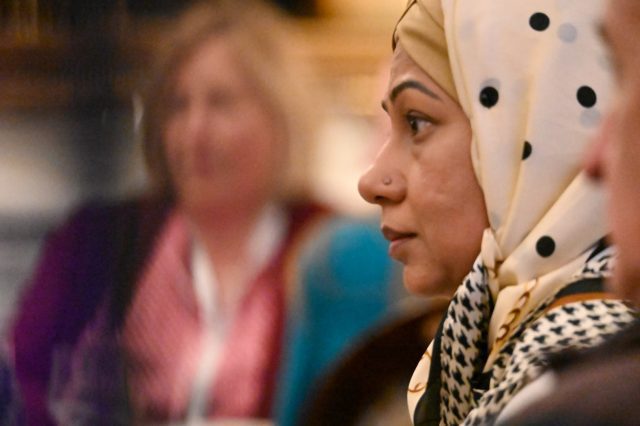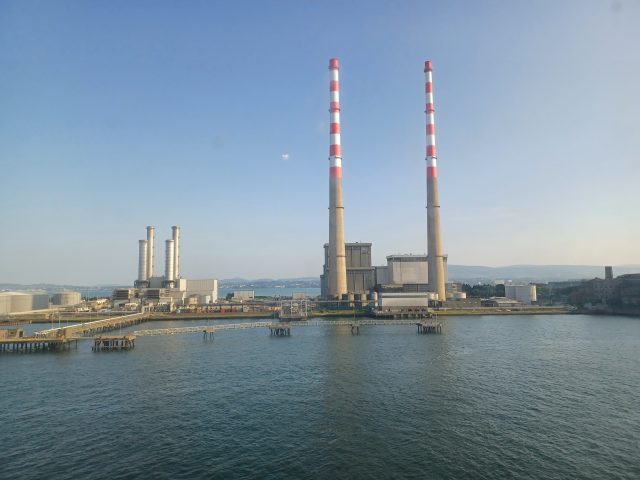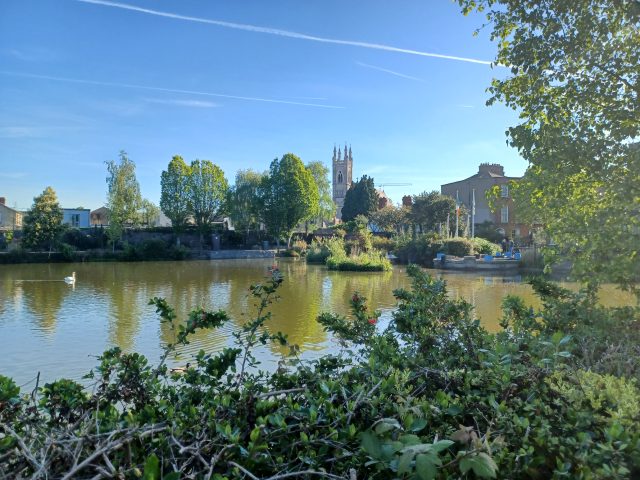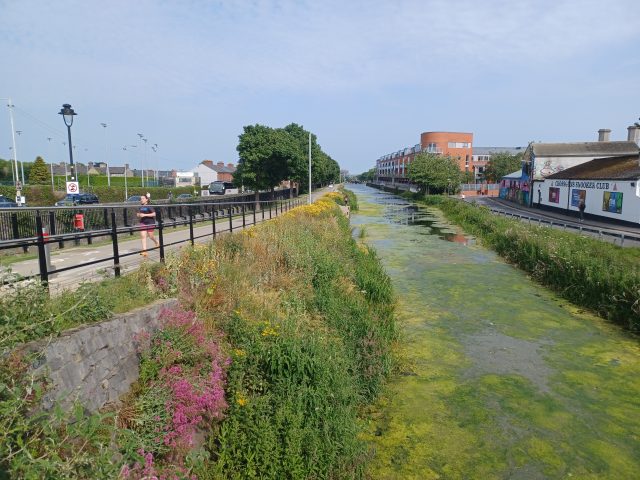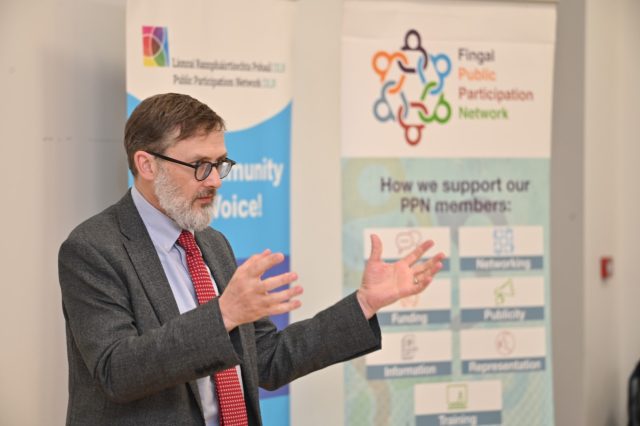My name is Rabia Tabassam, and I am a PPN Representative on the Local Community Development Committee (LCDC). On the 17 July, I attended a PPN event focused on Building Community Resilience During Times of Emergency.
The day was rich with insightful learning and inspiring accounts from community leaders who played pivotal roles during crises such as the COVID-19 pandemic and Storm Darragh.
Key Learnings and Discussions
Throughout the event, several groups presented their approaches to emergency response, with the Leitrim teams standing out due to their direct experience managing community support during crises. The session explored critical themes, including:
- Communication strategies and mapping of local support networks
- Best practices and methods of community engagement
- Challenges encountered during previous emergencies
- Collaboration tools and structures to enhance preparedness
- Future Planning
The group facilitator ensured that the brainstorming sessions remained focused, inclusive, and productive. Participants were encouraged to share county-specific insights, highlighting that the nature of emergencies—and the response required—varies greatly by region.
For instance, although Dublin wasn’t impacted during the storm as severely as counties like Leitrim, Sligo, Wicklow, Galway, Clare, and Mayo, though it was still under a Status Orange wind warning, which resulted in fallen trees, power outages, disruption to public transport including temporary closures along the DART rail line and flight cancellations at Dublin Airport.
These disruptions signal the need for Dublin to develop and maintain robust protocols to respond to such events.
I contributed to the dialogue by emphasizing the evolving risk profiles across urban centres, including Dublin and other cities affected by unrest. These changes are shaped by shifting demographics and socio-political dynamics. In addition to climate-related emergencies, many cities are now facing complex challenges such as civil unrest, protests, and riots, highlighting the need for adaptive and inclusive risk mitigation strategies.
These scenarios call for tailored protocols addressing:
- Personal and public safety
- Emergency contact systems
- Support networks during and after critical events
During the brainstorming session, my input was on the following key areas:
- Enhancing multilingual communication strategies across both online and offline platforms
- Distributing physical outreach materials, including leaflets, to broaden engagement
- Addressing cultural barriers to improve accessibility and foster better understanding within target communities
- A holistic approach towards addressing/developing protocols for emergencies
Takeaway
For me the session reinforced the importance of learning from established PPNs rather than reinventing emergency response strategies. Leveraging proven models—understanding how, what, and who made them successful—can greatly benefit Dublin’s diverse and rapidly changing population. Collaboration and practical adaptation are key to fostering a resilient, inclusive community framework.
I was able to make 2-3 strong connections from the Sligo Team.
Hope this gives you some idea of how I represented Dublin PPN.

